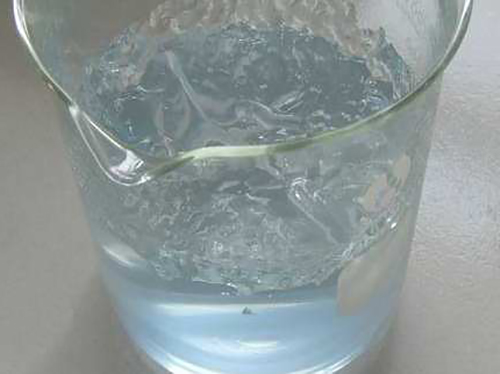Effective Use of Industrial Flocculants in Wastewater Treatment and Water Purification Processes
The Role of Industrial Flocculants in Water Treatment
In recent years, the increasing demand for clean water has led to significant advancements in water treatment technologies. One crucial component in the process of purifying water is the use of industrial flocculants. These substances play a vital role in facilitating the separation of solids from liquids, which is essential for various industries, including mining, wastewater treatment, and food processing.
What are Flocculants?
Flocculants are chemical agents that promote the agglomeration or clumping together of particles in a liquid. When added to a suspension, these agents cause small particles to coalesce into larger clusters, known as flocs. The formation of flocs enhances the sedimentation process, allowing for more effective removal of suspended solids. Flocculation is critical in various applications, particularly in treating industrial effluents and clarifying drinking water.
Types of Flocculants
Flocculants can be categorized into two main types organic and inorganic flocculants
.1. Organic Flocculants These are typically derived from natural sources or synthesized from synthetic polymers. Common examples include polyacrylamides and modified starches. Organic flocculants are favored for their effectiveness, low toxicity, and ability to work efficiently in a wide range of pH levels. They are particularly effective in the treatment of municipal wastewater and can enhance the settling rates of sludge.
2. Inorganic Flocculants These are usually metal salts, such as aluminum sulfate (alum) and ferric chloride. Inorganic flocculants are effective in achieving rapid floc formation and are often used in the precipitation of metals from industrial wastewater. They can, however, introduce additional metal ions into the treated water, which can pose challenges for downstream applications.
Applications of Flocculants
industrial flocculant

The applications of industrial flocculants are extensive and varied. In the mining industry, flocculants are used to separate valuable minerals from waste materials or tailings. The efficient removal of water from the tailings helps reduce the volume of waste, making disposal more manageable.
In wastewater treatment plants, flocculants contribute to the overall treatment process by enhancing the settling of solids in primary and secondary clarifiers. They help achieve better quality effluent by removing suspended solids and reducing turbidity levels. Consequently, this leads to lower operational costs and improved compliance with environmental regulations.
In the food processing industry, flocculants are applied in the clarification of juices and beverages, aiding in the removal of impurities and enhancing product quality. The use of flocculants in these applications ensures that the final products are more appealing to consumers and compliant with food safety standards.
Environmental Considerations
While industrial flocculants are effective in addressing various challenges in water treatment, their use raises significant environmental concerns. Improper handling or excessive application of flocculants can lead to contamination of water bodies with residual chemicals, which may have harmful effects on aquatic life and water quality.
To mitigate these risks, it is essential to conduct thorough testing and to follow regulatory guidelines when selecting and applying flocculants. Additionally, the development of biodegradable and eco-friendly flocculants is a focus of ongoing research, aiming to minimize the environmental impact of water treatment processes.
Conclusion
Industrial flocculants are indispensable tools in modern water treatment, playing crucial roles in a variety of industries. Their ability to effectively aggregate particles and enhance solid-liquid separation processes is vital for producing cleaner water and reducing environmental impacts. As the need for sustainable water management solutions grows, the development and application of innovative flocculants will continue to evolve, providing better efficiency and less environmental risk in future water treatment practices.
-
lk-319-special-scale-and-corrosion-inhibitor-for-steel-plants-advanced-solutions-for-industrial-water-systemsNewsAug.22,2025
-
flocculant-water-treatment-essential-chemical-solutions-for-purification-processesNewsAug.22,2025
-
isothiazolinones-versatile-microbial-control-agents-for-industrial-and-consumer-applicationsNewsAug.22,2025
-
scale-inhibitor-key-solutions-for-water-system-scale-preventionNewsAug.22,2025
-
organophosphonates-versatile-scale-inhibitors-for-industrial-water-systemsNewsAug.22,2025
-
scale-and-corrosion-inhibitor-essential-chemical-solutions-for-water-system-maintenanceNewsAug.22,2025





